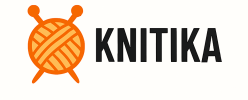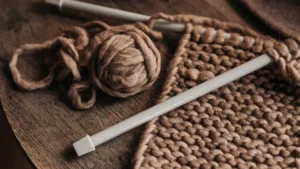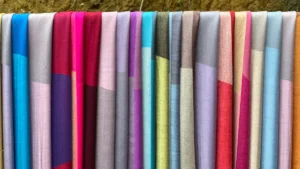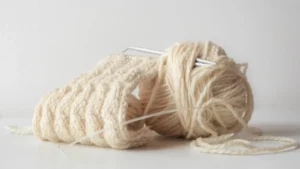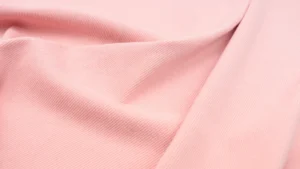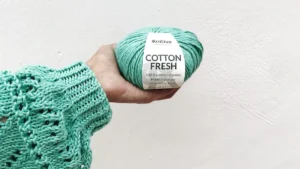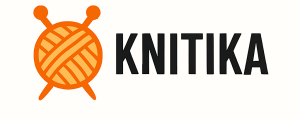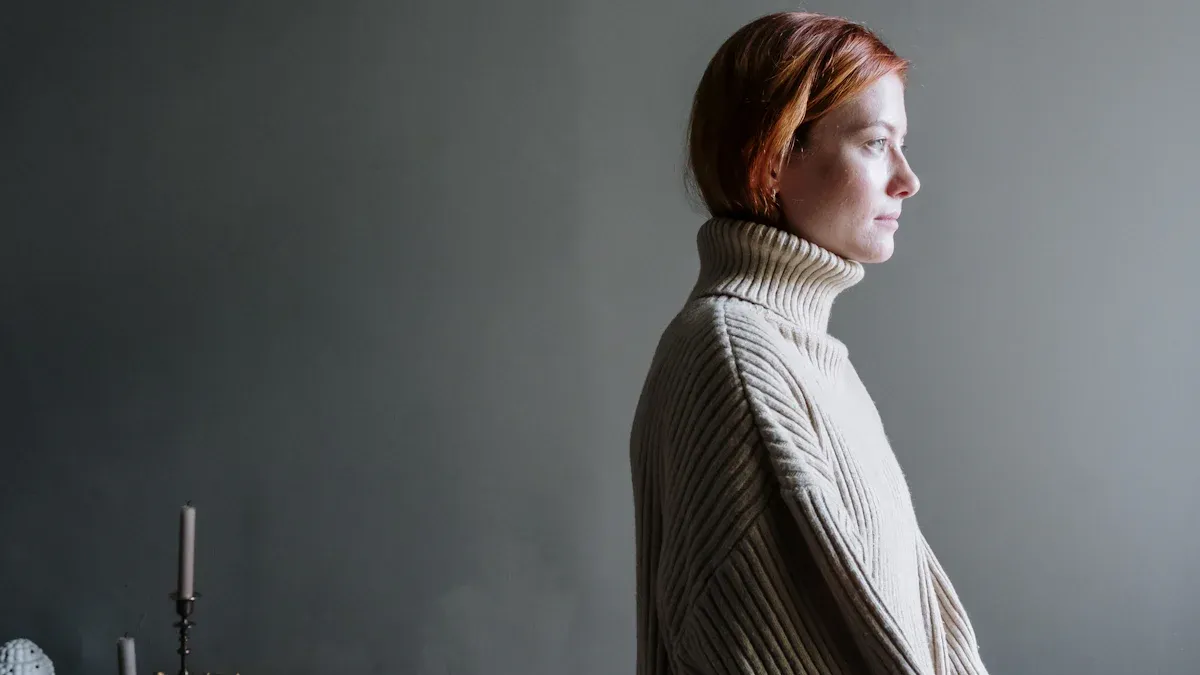
When you search for top rib knit garments for wholesale, you will find sweaters, tank tops, tees, cardigans, dresses, and cozy lounge sets. These clothes are always popular because they are comfy, flexible, and stylish for daily wear. The ribbed texture feels soft and stretches to fit your body. This makes them great for basics like ribbed sweatshirts or lounge wear. Many people pick rib knit garments because they are better for the environment and come in many styles. You can find lots of sizes, styles, and even eco-friendly options for your customers.
Did you know? Rib knit garments now make up about 28% of the global sweaters market. This shows how much people enjoy these comfy and stylish clothes.
Key Takeaways
Rib knit garments like sweaters, tank tops, tees, cardigans, and dresses are comfy. They stretch well and look nice. People can wear them in any season. They fit many body types.
Picking the right rib fabric is important. You can choose cotton, wool, acrylic, or blends. This choice changes how comfy the clothes are. It also affects how long they last. The price and eco-friendliness can change too.
You can customize rib knit garments in many ways. You can pick colors, add logos, and choose different fits. This helps you make special clothes for your brand. It also helps meet what your customers want.
Work with good suppliers for your rib knit garments. They should check quality and test how things fit. They should make sure every batch is the same. This helps your clothes stay high quality.
Use sales data to know what styles and sizes to buy. Get help from your supplier too. This helps you get good prices. Your customers will be happy with new and stylish rib knit choices.
Rib Knit Garments Overview
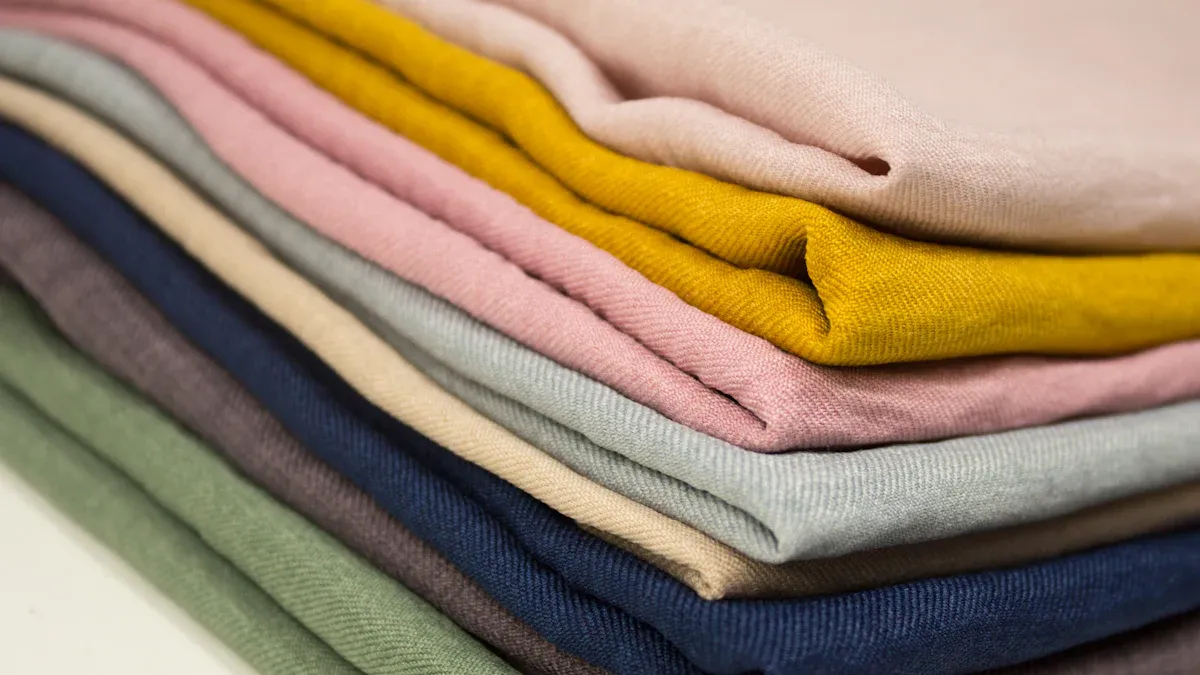
Rib knit garments are easy to spot in the wholesale market. They are known for comfort, flexibility, and their ribbed texture. You can find them in many styles and sizes. They are made for everyone, no matter their age or gender. Let’s look at the most popular types of rib knit clothing.
Did you know? Ribbed knit is used in about 28% of all knitting patterns worldwide. It is the second most popular pattern after plain knit.
Sweaters
Sweaters are the most common rib knit garment. They are stretchy, warm, and stylish. The rib structure helps sweaters keep their shape. They do not get loose after many washes. People like to wear them for both casual and dressy events. There are many types, like crew neck, V-neck, cardigans, turtlenecks, and sweater vests. Most wholesale catalogs have standard sizes. Some also let you customize the fit for your customers.
Style | Size Options |
|---|---|
Crew Neck | |
V Neck | Standard, customizable |
Cardigan | Standard, customizable |
Turtleneck | Standard, customizable |
Sweater Vest | Standard, customizable |
Some brands sell “one size fits most” sweaters. Lightweight sweaters are good for layering. Chunky knits are best for cold weather. Sweaters are made for men, women, and kids. So, everyone can find something they like.
Rib knit sweaters give you:
Stretch and comfort for all body shapes
Durability and long-lasting wear
Easy care and shape retention
Options in cotton, wool, bamboo, and more
Tank Tops
Rib knit tank tops are important for any wholesale collection. These tanks stretch and feel soft on your skin. Ribbed crop tops and classic tanks are very popular. They are loved in fitness and fashion. Orders for rib knit tank tops have doubled in the last year. This shows people really like them.
Tank Top Style | Wholesale Demand Outcome |
|---|---|
Rib Knit Tank Tops | |
Triblend Racerback |
You can get tanks in many colors, fits, and sizes. Sizes go from XS to plus sizes. These tops are great for layering, working out, or wearing in summer. The ribbed texture makes them look nice and helps them keep their shape after washing.
Tees
Rib knit tees are another top pick for wholesale. The rib fabric makes these tees stretch more. They also keep their shape better than regular tees. You can buy short-sleeve, long-sleeve, and 3/4 sleeve tees. Necklines include crewneck, scoop neck, and V-neck. Sizes range from XS to 4XL. This means you can help many customers.
Attribute | Details |
|---|---|
Short-sleeve, Long-sleeve, 3/4 sleeve | |
Materials | Cotton/poly blends, 100% cotton, tri-blends |
Neck Styles | Crewneck, Scoop neck, V-neck |
Cuts/Fits | Women’s fitted, junior, longer length |
Sizes | XS to 4XL |
Rib knit tees last longer than normal tees. The ribbed fabric does not stretch out or fray easily. The ribbed look is modern and works for both casual and dressy outfits. You can find rib knit tees for men, women, and kids. This makes them a good choice for any store.
Cardigans and Dresses
Cardigans and dresses made from rib knit are always wanted. Cardigans come in many styles. You can find long sleeve, button-up, plaid, and high-neck cardigans. Some are thick and warm for winter. Others are thin and light for spring and fall. Rib knit cardigans are stretchy, warm, and easy to wear.
Long sleeve with pockets
Buttoned with pockets
High neck casual
Thin long cardigans
Striped and textured knits
Rib knit dresses are just as loved. You can find fitted midi dresses and floral maxi dresses. These dresses stretch to fit your body and move with you. They are comfy to wear all day. Wholesale catalogs have cardigans and dresses for all ages and genders. This includes baby, kids, and unisex options. You can pick from 100% cotton, organic cotton, and other blends.
Tip: Rib knit garments are good for every season. Stock thick cardigans and dresses for winter. Choose lighter ones for warmer months.
Rib Fabrics and Materials
When you look at rib knit garments, the fabric matters a lot. The kind of rib fabric you pick changes how comfy and strong the clothes are. It can also change the price. Wholesale sellers like rib fabrics because they stretch and feel soft. They also keep their shape well. Let’s look at the most common rib fabrics in wholesale clothes.
Tip: Picking the right rib fabric helps your clothes last longer and feel better for your customers.
Here are the main types of rib fabrics and what they are used for:
Rib Fabric Type | Description | Typical Uses |
|---|---|---|
1×1 Rib Knit | Uses one knit stitch and one purl stitch; has a light ribbed look | Used for light clothes like t-shirts and tank tops |
2×2 Rib Knit | Has two knit stitches and two purl stitches; ribbed look is stronger | Used for cuffs, collars, hems, and waistbands on heavier clothes like sweatshirts and jackets |
3×3 Rib Knit | Has three knit stitches and three purl stitches; ribbed look is strongest | Used for cuffs, collars, hems, and waistbands on winter clothes |
Rib fabrics also come in different thicknesses:
Weight Category | Description | Typical Uses |
|---|---|---|
Lightweight Rib Knit | Thin and very stretchy | Used for t-shirts, tank tops, skirts, and summer dresses |
Medium-Weight Rib Knit | A bit thicker and feels stronger | Used for winter tops, bottoms, and light cardigans |
Heavyweight Rib Knit | Thickest rib knit fabric | Used for winter sweaters, jackets, and coats |
Cotton
Cotton rib fabrics are very popular with wholesale buyers. They are soft, let air in, and feel good for daily wear. Most cotton rib fabrics have some spandex for extra stretch. This helps the fabric go back to its shape, so tees and tanks do not get loose.
Here are reasons to like cotton rib fabrics:
They feel soft and gentle on your skin.
They let air in, so you stay cool and dry.
They stretch and snap back, which is good for tight tops, neckbands, and cuffs.
They last through many washes and keep their color.
They work for all ages and styles, from sportswear to basics.
Cotton rib fabrics can also be better for the planet. Many brands use organic cotton or recycled blends to make eco-friendly rib fabrics. This lets you give your customers green choices and helps the planet.
Note: Cotton rib fabrics are easy to wash. You can use a washing machine, and they keep their shape and color.
Cotton rib fabrics cost about the middle price. Pure cotton rib fabrics usually cost between $3.8 and $9.7 per kilogram in wholesale. Blends with spandex or polyester can be cheaper. Special or eco-friendly rib fabrics may cost more. Here is a chart to show how cotton rib fabrics compare to other materials:
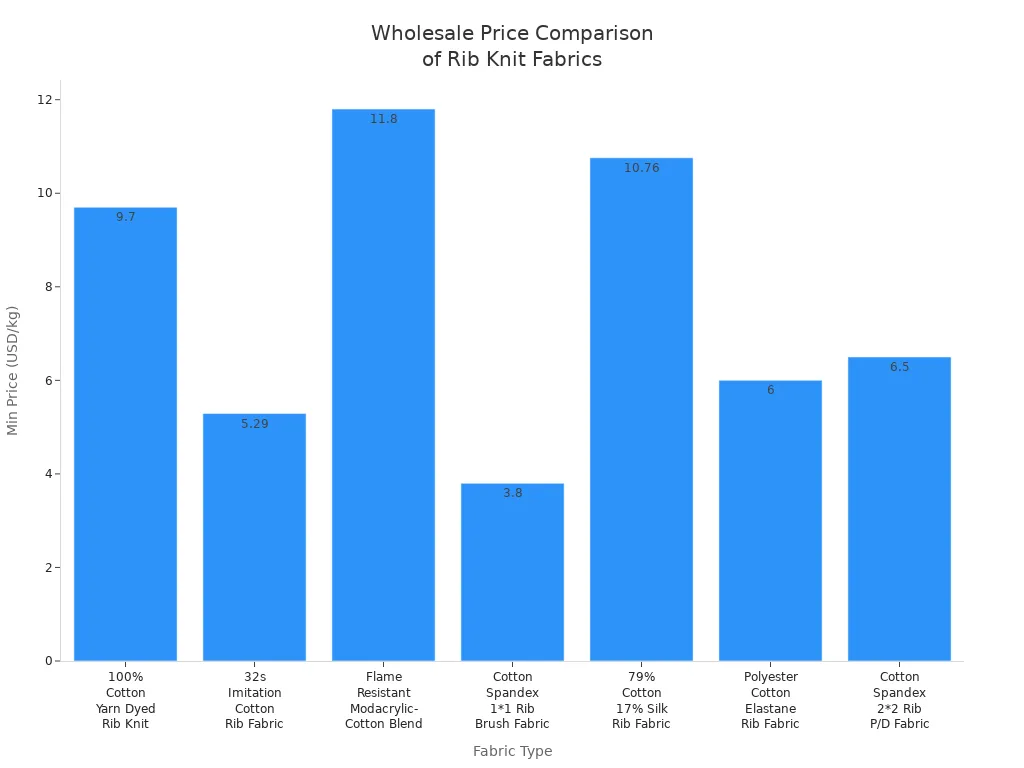
Wool
Wool rib fabrics are warm and feel fancy. You will see them in sweaters, cardigans, and winter dresses. Wool rib fabrics, like merino or cashmere, keep you warm when it is cold. They also pull sweat away, so you stay dry and comfy even if it is hot.
Reasons to pick wool rib fabrics:
They keep heat in for cold days.
They let air in, so you do not get too hot.
They stretch and snap back, which is good for fitted sweaters and cardigans.
They do not smell bad and stay fresh longer.
They are good for layering in all seasons.
Wool rib fabrics come in different thicknesses and mixes. Lighter merino wool rib fabrics are good for spring and summer. Heavier lambswool or cashmere mixes are best for winter. You can also find mixes with silk, cotton, or linen for more choices and to help the planet.
Description | Seasonal/Climatic Advantage | |
|---|---|---|
Material | Wool types like superfine lambswool and cashmere are warm and good for cold weather. | Warm and cozy for cold places; mixes with silk, cotton, linen let air in for warmer times. |
Extra fine merino wool is smooth and light, good for warm weather. | Good for spring and summer because it is soft and pulls sweat away. | |
Weight | Heavier clothes are warmer but depend on the material. | Lighter weights with airy fibers are good for warm weather; heavier weights are good for cold. |
Ply | Number of threads twisted together; more ply means thicker yarn but not always warmer. | High ply in fine fibers (like cashmere silk) can still make light clothes for warm weather. |
Gauge | Number of stitches per square inch; changes how thick the fabric is but not the quality. | Different gauges let you make clothes for different temperatures; finer gauge for lighter clothes. |
Wool rib fabrics can also be better for the planet. Many sellers now have rib fabrics made from wool that is tracked and comes from good sources. This helps you meet the need for green and fair fashion.
Acrylic and Blends
Acrylic rib fabrics are liked because they are cheap and come in bright colors. You will see them in sweaters, hats, scarves, and even sports clothes. Acrylic rib fabrics can stretch up to five times their size, so they fit well and move with you. They are light, soft, and pull sweat away, which is good for sports and casual wear.
Main things about acrylic and blended rib fabrics:
Very stretchy for a snug fit.
Light and easy to wear.
Strong and do not wear out fast.
Pull sweat away, so you stay dry.
Easy to wash—just use a machine.
Come in many colors and patterns.
Blended rib fabrics mix acrylic with cotton, polyester, wool, or spandex. This gives you comfort, stretch, and strength. Blends also help balance price and how well the fabric works. For example, cotton-acrylic blends are soft and let air in, while acrylic-wool blends are warm and strong.
Note: Acrylic rib fabrics cost less than natural fibers like cotton or wool. This makes them a good pick for cheap wholesale fabrics.
Some things to remember: Acrylic rib fabrics do not let air in as well as natural fibers. They can also lose stretch if you use high heat to wash or dry them. Still, they are useful and cheap, so many wholesale buyers like them.
Reasons to choose acrylic or blended rib fabrics:
They are cheap and easy to find.
They come in lots of colors.
They are easy to wash and last a long time.
Blends can be greener, especially with recycled fibers.
When you pick rib fabrics for your wholesale clothes, think about the season, style, and what your customers want. Cotton, wool, and acrylic rib fabrics each have something special. You can mix and match rib fabrics to make a collection that is comfy, strong, and better for the planet.
Style Trends and Seasonality
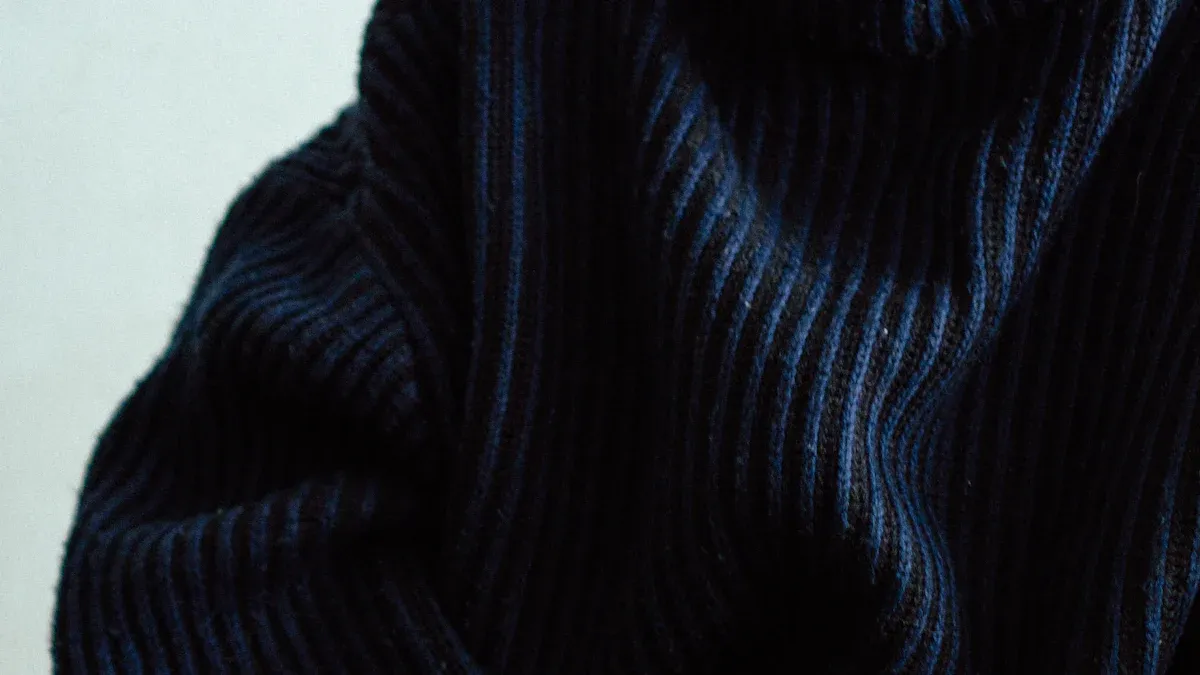
Women’s Styles
You see rib fabrics everywhere in women’s fashion right now. These rib fabrics work for both casual and dressy looks. You can find rib tops, fitted dresses, and even ribbed skirts. Many women love rib fabrics for their stretch and comfort. You get soft cotton blends that feel good all day. Rib fabrics also come in bright colors or soft pastels, so you can match any mood. Stripes and textured rib patterns are popular, too. Layering with ribbed garments is easy. You can wear a rib tank under a cardigan or add a rib tee under a jacket. This makes rib fabrics perfect for every season.
Men’s Styles
Men’s rib fabrics focus on comfort and style. You find rib tees, polos, and sweaters in many men’s collections. These rib fabrics hold their shape and look sharp. Many men like rib fabrics for layering. You can wear a rib tee under a flannel or a rib sweater over a shirt. Rib fabrics in men’s clothing often use cotton and polyester blends. This mix gives you softness and durability. You also see rib fabrics in jackets and sweatshirts. The rib texture adds a cool touch to classic pieces.
Unisex and Youth
Rib fabrics work great for unisex and youth styles. Kids and teens love rib fabrics because they stretch and move with them. You find rib tees, tanks, and even ribbed lounge sets for all ages. Unisex rib fabrics come in many colors, from bold to neutral. These rib fabrics are easy to care for and last a long time. You can use rib fabrics for school, play, or even dress-up days. Layering is simple with rib fabrics, so you can mix and match for any weather.
Seasonal Options
Rib fabrics shine in every season. In spring and summer, you see lightweight rib tanks and tees. These rib fabrics keep you cool and comfy. For fall and winter, thicker rib fabrics show up in sweaters, cardigans, and dresses. You can use rib fabrics for layering when it gets cold. Many people love rib fabrics for lounge wear during chilly months. Wholesale markets offer rib fabrics in many weights and blends, so you always find the right option for your store. You can pick rib fabrics in classic stripes, bold colors, or soft neutrals. This lets you follow trends or stick to timeless looks.
Tip: Try mixing rib fabrics in your clothing line. You give your customers more choices for comfort, style, and easy layering.
Customization and Private Label
Custom Colors and Logos
You want your rib knit garments to be unique. Custom colors and logos help with this. Many wholesale suppliers let you pick many colors. You can match your brand or follow new trends. Some suppliers can match any color you want. This means you get the exact shade you need.
Adding your logo is simple. You can pick embroidery, screen printing, or woven labels. These choices make your clothes look professional. Your customers will remember your brand when they see your logo.
Tip: Ask your supplier for samples of custom colors and logo spots. This helps you check the quality before you order a lot.
Sizing and Fit Options
Getting the right fit is important. Wholesale rib knit garments come in many sizes for kids and adults. Some suppliers use standard sizing charts. Others let you change measurements for a better fit. You can pick slim, regular, or relaxed fits. This helps you serve more people.
Here’s a quick look at sizing options:
Fit Type | Description |
|---|---|
Slim | Closer to the body |
Regular | Classic, not too tight |
Relaxed | Looser, comfy feel |
You can also ask for plus sizes or special cuts. This makes your collection good for more people.
Working with Suppliers
Good suppliers make it easy to customize. They help you pick fabrics, colors, and sizes. Many suppliers offer private label services. This means you can sell rib knit garments with your own brand name. Private label lets you choose good materials and cool designs. You get products that your customers want.
Suppliers often give extra help, like design tips and fast shipping. These services save you time and help you avoid mistakes. When you work with top suppliers, you also get better prices. This helps you stay strong in the wholesale market. You can offer rib knit garments that are strong, stylish, and affordable. Your customers will want to buy from you again.
Note: If you build a good relationship with your supplier, you get better service and more choices for your business.
Quality and Consistency
When you buy rib fabrics for wholesale, you want every piece to look and feel the same. Quality and consistency matter a lot in rib knit garments. If you get this right, your customers will trust your brand and come back for more.
Fit Testing
Fit testing is the first step to make sure your rib garments feel great. You want every tee, sweater, or tank made from rib fabrics to fit just right. Leading suppliers use premium raw materials and check the fit at every stage. They test samples from each batch. This helps catch any sizing issues early. You might see them use advanced tools to measure fabric weight, stretch, and shrinkage. Some suppliers even let you arrange third-party fit checks before shipping. This way, you know your rib fabrics will fit your customers every time.
Tip: Always ask your supplier for fit samples before you place a big order. This helps you avoid surprises.
Batch Consistency
Batch consistency means every rib garment in your order matches the others. You do not want one rib tee to feel tighter or looser than the next. Suppliers keep detailed records for each batch of rib fabrics. They use random sampling to test for color, weight, and stretch. Inline inspections happen during cutting, sewing, and finishing. This process catches problems before they reach you. When you work with experienced manufacturers, you get rib fabrics that look and feel the same across all sizes and styles.
Here’s how suppliers keep batches consistent:
Use the same yarns and rib fabrics for each run.
Check panel measurements against tech packs.
Audit batches for color and texture.
Keep records for traceability.
Quality Control
Quality control covers every step in making rib fabrics. It starts with checking raw materials. Suppliers test fiber content, color fastness, and pilling resistance. During production, they monitor stitch evenness and rib texture. After production, they inspect for shrinkage, loose threads, and color issues. Controlling shrinkage is key for rib fabrics. Suppliers pick low-shrinkage yarns, adjust machine settings, and use special finishing methods like heat setting. They also follow industry standards such as ASTM and ISO for testing rib fabrics.
Common quality control steps for rib fabrics:
Inspect raw yarns and fibers.
Test for color and pilling.
Monitor knitting and finishing.
Check for shrinkage and fit.
Screen for defects before shipping.
If you want the best results, choose suppliers with strong quality control and certifications like OEKO-TEX or GOTS. This gives you peace of mind that your rib fabrics will meet your standards every time.
Wholesale Buying Tips
Supplier Selection
Choosing the right supplier for rib knit garments can make your business run smoother. You want a partner who understands rib knit fabrics and can meet your needs. Here are some things you should look for:
Ask for fabric samples. Test them for wash and wear before you buy in bulk.
Check if the supplier keeps enough stock. This helps you avoid delays.
Look at their minimum order requirements. Make sure they fit your budget.
Confirm their quality standards. Ask about return policies for damaged goods.
Decide what type of supplier works best for you. Some options include mills, converters, jobbers, agents, or wholesalers.
See if they can meet your technical needs and deliver on time.
Build a relationship with experienced suppliers. They can give you helpful tips and industry knowledge.
Tip: Good suppliers answer your questions quickly and help you solve problems fast.
Pricing and Discounts
You want to get the best price for your rib knit garments. Wholesale suppliers often offer discounts when you order more. Always compare prices from different suppliers. Look for deals on bulk orders or seasonal promotions. Some suppliers give extra discounts if you pay early or order regularly.
Order Size | Typical Discount Offered |
|---|---|
Small (100 pcs) | 5% |
Medium (500 pcs) | 10% |
Large (1000+) | 15% or more |
Ask about hidden costs, like shipping or custom fees. Clear pricing helps you plan your budget and avoid surprises.
Stocking for Demand
Stocking the right amount of rib knit garments keeps your customers happy. Start by looking at past sales and trends. Order more of the styles and sizes that sell fast. Keep some extra stock for busy seasons or special events. Work with suppliers who can restock quickly if you run low.
Track your inventory often.
Use sales data to predict what you need.
Stay in touch with your supplier for updates on stock and delivery times.
Note: Reliable suppliers help you keep up with demand and avoid running out of popular items.
You have many great options when choosing rib knit garments for your business. Sweaters, tees, tank tops, cardigans, and dresses all offer comfort and style. Think about which styles and materials fit your customers best. Ready to get started?
Contact suppliers, ask for samples, and review quality.
Reach out today to find the perfect garments for your store!
FAQ
What makes rib knit garments so popular for wholesale?
You get comfort, stretch, and style all in one. Rib knit garments fit many body types and keep their shape. You can find them in lots of styles, like sweaters, tees, and even cozy lounge sets.
Can I order ribbed sweatshirts in different colors?
Yes! Most suppliers let you pick from many colors. You can match your brand or follow the latest trends. Some even offer custom color matching if you want something special.
Are rib knit garments good for all seasons?
You can wear rib knit garments any time of year. Lightweight tanks and tees work for summer. Sweaters and ribbed sweatshirts keep you warm in winter. You can layer them for extra comfort.
How do I care for rib knit garments?
You should wash most rib knit garments in cold water. Use a gentle cycle and lay them flat to dry. This helps them keep their shape and last longer.
